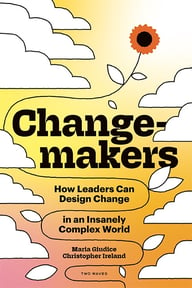Summary
A multidisciplinary research team needs a well-crafted framework to guide their behavior, nurture their growth, and cultivate their culture. Otherwise, they feel stuck in growth and unmotivated to collaborate. Through a participatory design, the authors established a three-pillar excellence framework at Uber. First, it focuses on the research impact on product experimentation, products, roadmaps, and the company/organization. Second, it promotes creative research methods that successfully prioritize work, produce and scale rigorous insights, and empower other researchers. Third, it recognizes true partnership cross functional teams and beyond their own product area. This framework worked well at Uber for years, and recently was applied by the authors in Booking.com and Course Hero with some modifications. As this starter framework, they hope all researchers and research leaders can build their own ones based on their situations.
Key Insights
-
•
Develop a framework that balances researcher impact with flexible methodologies tailored to organizational needs.
-
•
Prioritize research projects using a structured scoring system to evaluate potential customer and business impacts.
-
•
Simple research methods can be more effective and easier to implement than complex ones; start with one method and add as necessary.
-
•
Effective partnerships across teams enhance research outcomes and speed up decision-making in product development.
-
•
Communicate research impact clearly to stakeholders to ensure alignment on project priorities and methods.
Notable Quotes
"We developed this research framework during our time at Uber together."
"You really have to start with something, let it grow and evolve, and figure out what works for you."
"Balancing consistent delivery with project prioritization is a key challenge."
"Being simple is extremely complex; very difficult to do."
"Research is more of a science than an art; we strive for reliability and validity in insights."
"The scoring we used at Uber encompassed business impact, customer impact, and teamwork collaboration."
"The insights from user research can often align with business interests, creating mutual benefits."
"We needed to move research upstream to solve problems quickly during product development."
"Recognizing successes through awards can foster an inclusive and motivated research environment."
"Ethics is a very important part of user research and must be considered in every project."
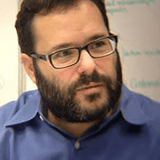


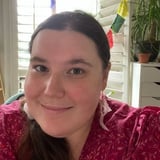

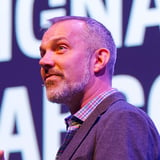

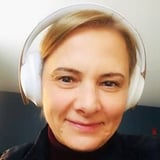







More Videos

"Research isn't something handed off at the end; it's woven into every part of the process."
Sean McKayCoexisting with non-researchers: Practical strategies for a democratized research future
March 11, 2025

"If you're building a product for someone, context loss can occur when different teams handle problem identification."
Prayag Narula Abhinav KrishnaDialing for Research: How to Reach the Unreachable
March 10, 2022

"Craft in design reflects care, attention to detail, and the presence of a maker."
Uday Gajendar Adam RichardsonFrom AI to Zeitgeist: Theory as the design antidote to AI hype
March 27, 2025

"Organizations must understand how all elements connect; a disconnected approach leads to poor service experiences."
Andy Polaine Lavrans LøvlieWhat is the role of service design in product-led organizations?
December 3, 2024

"Using storytelling helps gain attention and build empathy in presenting research findings."
Sara LogelYour Colleagues are Your Users Too
March 29, 2023

"Thank you to the design ops Summit curation and conference team for making it all possible."
Jon FukudaTheme One Intro
September 8, 2022

"Creating conditions for these systems to grow and learn is a much more valuable role for designers."
Hugh DubberlyProblems with Problems: Reconsidering the Frame of Designing as Problem-Solving
June 19, 2019

"Confidence is key, even after facing rejection in past interviews."
Corey LongHiring in DesignOps: A Critical Study on How to Hire and Get Hired
September 23, 2024

"Personalization matters; every organization is unique and needs to express their identity through software."
Craig VillamorResilient Enterprise Design
June 8, 2017

















